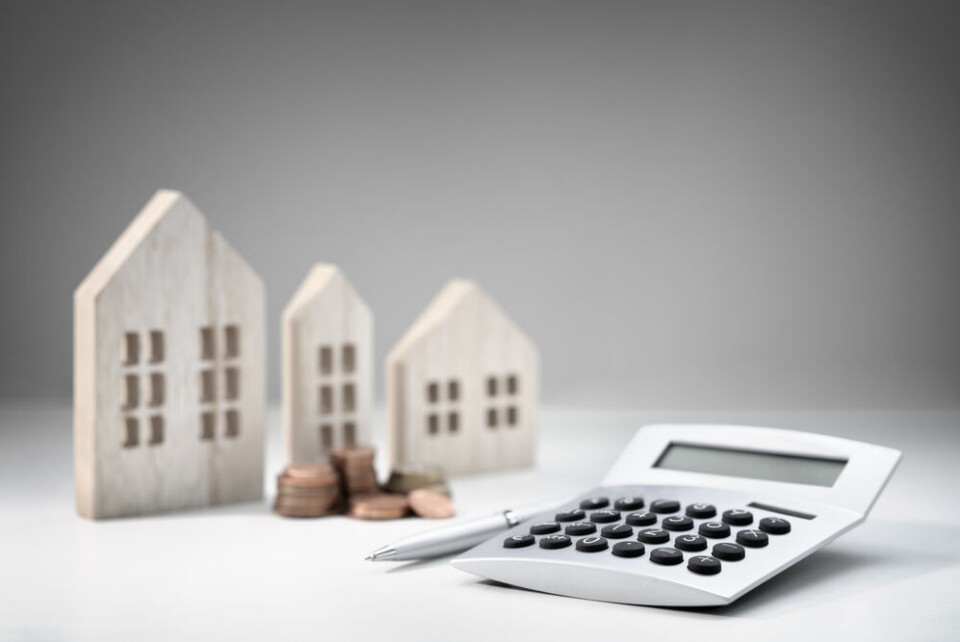-
New agreement to help with home renovations launches in Dordogne
The plan aims to connect citizens with local public renovation services to modernise old housing stock
-
Hosting scheme in south-west France lets newcomers sample lifestyle
Households in nine Dordogne communes volunteer under Mes Nouveaux Voisins scheme
-
How long does it take to sell property in different areas of France? New study
Many major cities are showing signs of recovery when it comes to supply, demand, prices, and time to sell
Tips for negotiating down house prices in France
In a buyer’s market, you may be able to negotiate harder on certain fees and property prices. Here are three tips to help

It continues to be a buyer’s market in France right now, figures suggest, making it still a good time to negotiate on property prices - and one expert has recommended three good places to start.
The latest figures from the LPI-IAD barometer, which analyses the property market in France, show that buyers achieved an average discount of 6.6% on property sale prices at the end of 2023 compared with 4% at the same time the year before.
Negotiations are more widespread as the property market sees a downturn.
Read more: Is now the right time to buy or sell property in France?
Read more: Falling prices but not everywhere: a review of French property market
Property network Adresse said that negotiation success depends on the initial asking price, network president Brice Cardi said to Capital. A well-located property in good condition that has not been long on the market has much less room than an “overpriced, lower-quality property that has been on sale for a long time”.
There are three main areas that you can also focus on to start negotiations, he said.
1. Drop notaire fees
Notaire fees are typically around 7-8%, but these can be reduced by a small margin, and it depends on the type of sale as to whether the seller or the buyer pays. Similarly, it depends on whether the fee percentage is calculated as part of the property price, or as an additional fee.
For example, if a property is sold at €250,000 plus agency fees of 6% (€15,000), you would pay €265,000, plus extra notaire fees of €18,550-21,200. Your total payment would be between €283,550 and €286,200. Agency commission tends to be 4-10% of the price.
However, if the agency fees are included in the advertised price, the notaire's fees will be calculated based on €250,000 rather than €265,000. This means that the total payment would be less, between €267,000 and €270,000.
You may have little room to negotiate on the fees once you are in the late stages of a transaction, but being aware of how fees work from the start may help you save significantly overall.
Read more: Explainer: Role of notaire in France and what to do if not happy
2. Play on the sale date
You may also be able to negotiate based on when the property was first put up for sale.
A property that has been on the market for more than three months is potentially overpriced, especially if it does not have any major problems or works required.
Some websites make it clear when a property was first listed, but you can also use a service such as the Castorus website, which shows all the history of all property ads that have appeared on the Se Loger listings website.
This site will show you how long the advert has been online, whether the price has changed recently, and whether the price offered by the seller matches market prices.
3. Use the DPE
Another way to negotiate on the sale price of a property is to refer to the energy performance diagnosis, or le diagnostic de performance énergétique (DPE).
This document outlines the theoretical amount of energy that the property will use over the course of a normal year, but also recommends any work that would need to be carried out to improve its energy performance.
The estimated cost of this is a good place to start when it comes to negotiating a lower price, because it can realistically be argued that this cost will need to be spent on future energy renovations to make the property more comfortable in all seasons.
You can also use the minutes of previous meetings about future work (for example, on a wider apartment block), or check when the last renovations were done, to see if the property is likely to require updates soon after purchase.
If work is planned, or conversely, if the building hasn't been renovated for a long time, you may be able to negotiate a considerable discount on the sales price, as it is likely that the buyer will need to pay for necessary work in the near future.
Related articles
12 key Q&As for anyone selling a property in France
4 ways to lower the price when buying property in France
Can I deduct furniture from notaire fees when buying a French house?
























